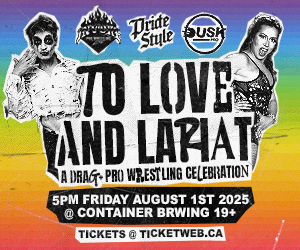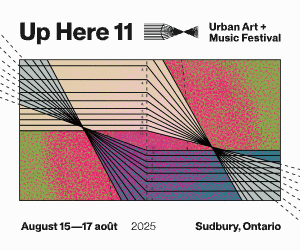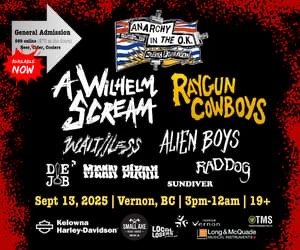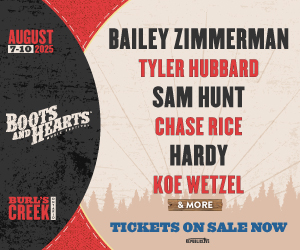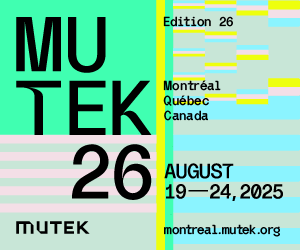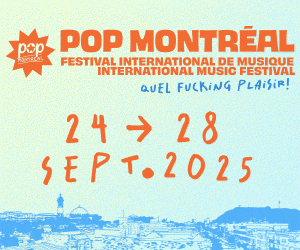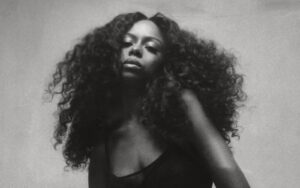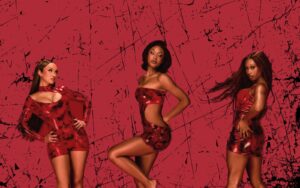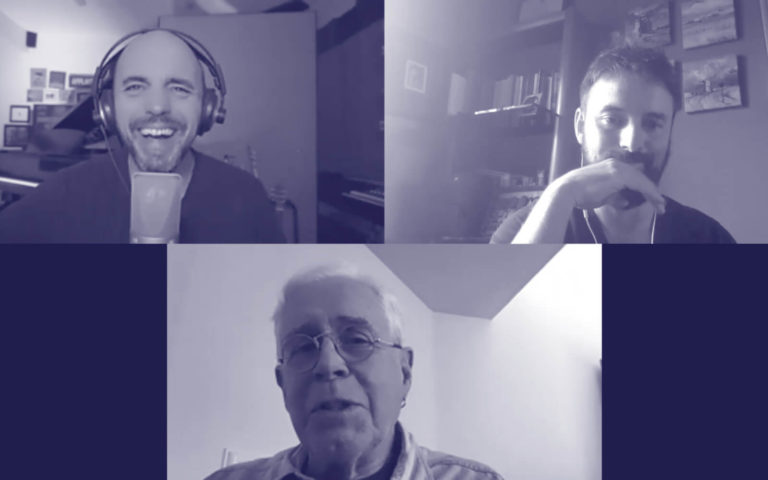
Light Organ Records Is Pushing All The Right Buttons With Latest Ode To 70s CanCon
The Vancouver indie label brings together two generations of Canadian songwriters.
by Ben Boddez
- Published on
Vancouver-based independent record label Light Organ Records is bridging the gap between two generations of Canadian songwriters with their latest compilation album and accompanying podcast, Push Button Radio. Spanning from bright synth-pop to acoustic folk and grungy indie rock, the label has recruited artists from across their entire roster, each artist or group offering a cover of a legendary 1970s CanCon hit single. While some of the tracks included escaped the confines of the Great White North’s borders, only to become successful elsewhere, each has a distinctly Canadian flair stemming from their radio takeover 50 years in the past.
The compilation includes The Zolas’ take on Vancouver psych-pop legends The Poppy Family’s “Where Evil Grows,” Fake Shark tackling Barbra Amesbury’s “Virginia (Touch Me Like You Do)” and The Fugitives closing out the project with a cover of Maritimes folk-rock icon Ken Tobias’ “I Just Want to Make Music.” The adjacent podcast offers an even more in-depth look into the insights and creative processes of songwriters both old and new. Featuring conversations between current Light Organ artists and the original songwriters of the tracks they cover on the compilation, hearing the newer generation’s genuine fandom of these legendary figures is as exciting as the decades of experience they’re able to outline.
The series includes The Mounties’ Hawksley Workman interviewing Bruce Cockburn, members of The Matinee talking to Stampeders drummer Kim Berly and, most notably, The Shilohs’ Johnny Payne in conversation with songwriter Andy Kim, known for penning songs like “Sugar, Sugar” and “Rock Me Gently” and coming equipped with tales about studio sessions with Phil Spector and the Beatles.
To give this love letter to music history the vintage angle it deserves, Light Organ Records is also releasing a double 12” vinyl of the album. We sat down with 604 Records founder/president Jonathan Simkin to travel back into the shining spotlight of 70s radio gold.
Where did the idea to bring together two generations of Canadian songwriters come from?
I guess it came from my own obsession with 70s AM CanCon music. I love that period of Canadian music, which is not a surprise given that is when I grew up. And it was in the 70s listening to AM radio where I first really fell in love with music.
The idea of having current bands record classic CanCon songs from the 70s just sort of came to me. I thought it would be fun, and I suppose it was a bit of a vanity project since a lot of it had to do with my love of music from that era. You know, my lost youth and all that crap (laughs).
How did the podcast start coming together? Did you already have the idea when the project was first conceptualized?
Joseph Martin gets the credit for that! My idea originally was to interview some of the original artists about the songs, about that period of time. But when Joseph brought that idea to me of having some of the cover artists talk to the original artists. I loved it and I think it worked out great!
What were some of the studio sessions like recording these covers?
As a label, we don’t interfere with recording. It is one of our mandates and pillars. So I don’t know if I was present for any of the sessions. But I got the sense that the Light Organ bands really enjoyed digging into some of these old songs. It was a very positive experience for the label and for the artists.
What was special about CanCon songs in the 70s?
CanCon rules were brought in around 1971, I believe. So it was the first time Canadian radio stations were obligated a certain percentage of Canadian content. So suddenly, radio was not just playing US songs. Radio was giving an opportunity to all sorts of Canadian acts who probably would not have had a chance without CanCon rules. Some of these artists had success far beyond the borders of Canada (Poppy Family, the Band, etc.) but some were really Canadian stars, first and foremost. So it was cool to suddenly see this plethora of Canadian talent getting proper support on radio.
Who were you most excited for that agreed to be a part of this?
I think the most engaging part of this entire project is hearing how genuinely starstruck some of these newer artists are on the podcast. Every single one. All of them excited me.
Do you have a favourite story told on the podcast?
Not so much a story, but I really enjoyed Bruce Cockburn and Hawksley Workman. There was clearly such a huge level of respect between them, and it was cool to hear two true artists just chatting like they were drinking coffee at the kitchen table.
Why should everyone make sure to get the new vinyl release?
If you are old enough to remember these songs, then it will be a refreshing trip down memory lane hearing re-energized versions of 70s classic music. If you are not old enough to remember these songs the first time around, then it is an opportunity to dive into the proud history of Canadian music. The artists, both new and old, are incredible. But the real heroes here are the songs, since they have stood the test of time. And if you’re a Canadian music fan, it’s a chance to be proud of our great tradition of popular music.
By Leslie Ken Chu
The rock stalwarts lean into vulnerability and nuance, proving that evolution doesn’t have to mean softening the blow.
By Cam Delisle
The pop veteran beamed into Rogers Arena Tuesday night with a glitchy arsenal of remixed hits—some faring better than others in her AI-styled end-of-the-world fantasia.




